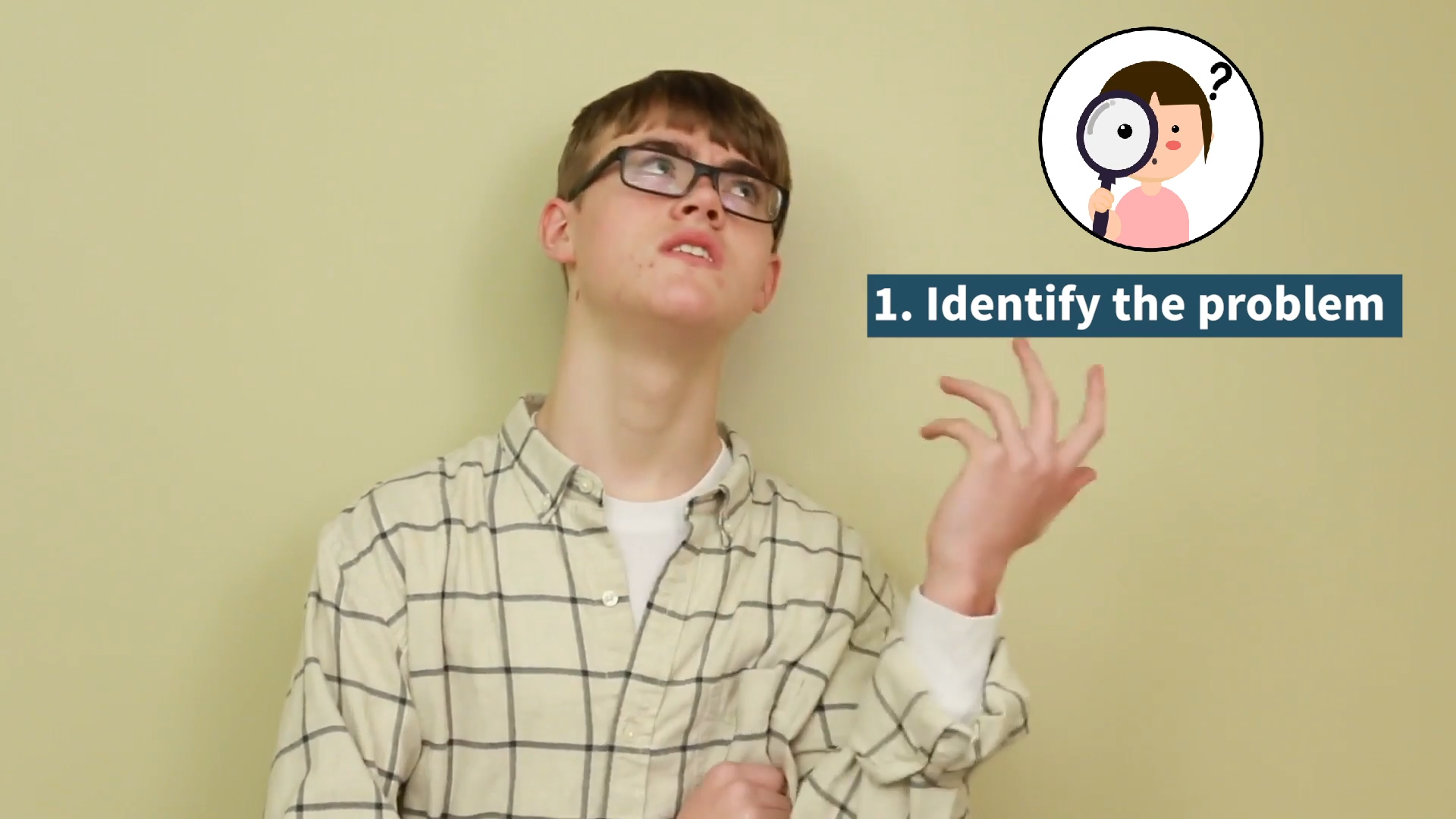Introduction
Problem-solving is an essential skill for navigating everyday challenges faced by high school students at school and at home. Teaching students the Problem Solving Steps can empower them to become better, more independent problem-solvers. This blog post outlines an effective no-prep activity for educators to help high school students practice problem-solving, along with discussion questions and related skills.
No-Prep Activity
In this activity, students will work in pairs or small groups to practice the Problem Solving Steps using real-life scenarios. The educator will present a scenario to the class, and students will follow these steps:
- Identify the problem.
- Decide if help is needed or if they can handle it by themselves.
- Come up with 2-3 possible solutions.
- Choose the best solution by playing out each one in their minds.
- Decide if the problem is solved or if they need to try again.
For example, a scenario might be: “You have a big test coming up, but you also have an important family event the same day. How do you manage your time and prepare for the test?”
Students will discuss the scenario in their groups, following the Problem Solving Steps to find the best solution. Afterward, each group can share their chosen solution with the class, explaining their thought process and reasoning. This activity requires no preparation or materials, making it an easy, effective way to practice problem-solving skills in the classroom.
Discussion Questions
After completing the activity, use the following questions to stimulate further discussion and reinforce problem-solving concepts:
- What challenges did you face while working through the Problem Solving Steps?
- How did considering others’ feelings influence your choice of solution?
- Can you think of a time when you used the Problem Solving Steps in your own life? How did it help you?
- How can improving your problem-solving skills benefit you in school and in your personal life?
- What other strategies can you use to become a more effective problem-solver?
Related Skills
Developing problem-solving skills can also help students improve in other areas of their lives. Some related skills that can be nurtured through practicing problem-solving include:
- Communication: Effectively expressing thoughts and feelings to others, and actively listening to their perspectives.
- Decision-making: Weighing the pros and cons of various options to make informed choices.
- Empathy: Understanding and sharing the feelings of others, which can help in considering their perspectives during problem-solving.
- Resilience: Bouncing back from setbacks and learning to adapt to new situations.
- Collaboration: Working together with others to achieve a common goal, which can be beneficial when solving complex problems.
Next Steps
Ready to explore more resources for teaching problem-solving and other essential skills? Sign up for free sample materials from Everyday Speech, which offers a wide range of engaging materials to help educators support their students’ social-emotional development. Don’t miss the opportunity to enhance your students’ problem-solving abilities and prepare them for success in their everyday lives.










